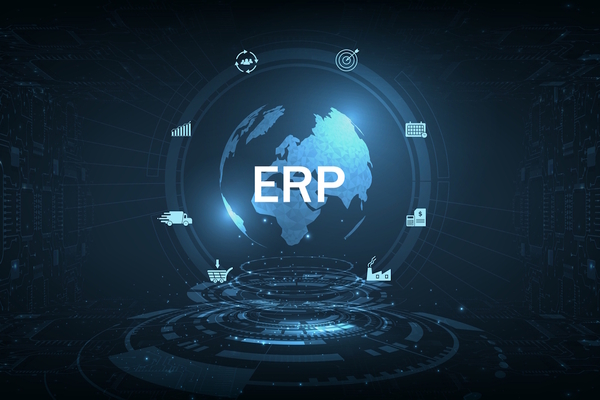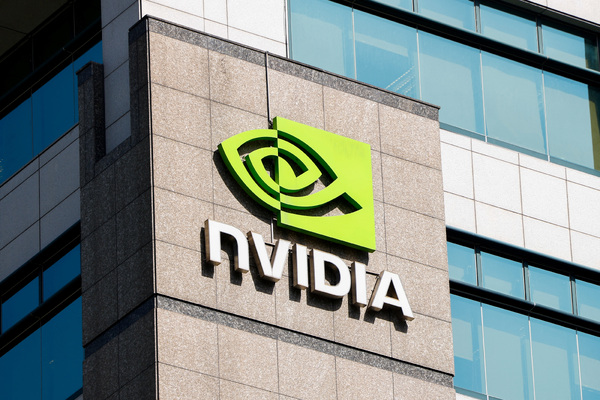Businesses without a secure and modern application server are at risk
Sponsored by PayaraLegacy technologies present various challenges for businesses. Adopting a cloud-native application server offers the tools needed to stay competitive in today’s evolving markets

Modernising the infrastructure of mission-critical applications that have been unaltered for decades is no longer just an option – it is a necessity for long-term success, security and compliance. Transitioning from legacy runtimes to modern, fully supported platforms enables companies to improve efficiency, strengthen the security and reliability of their mission-critical applications and streamline operations – ultimately helping organisations enhance their competitive edge.
Most large-scale web and enterprise applications have been running for more than a decade, with their role and operations being so crucial to the businesses using them that they have undergone minimal changes to avoid any potential disruption. Often, these solutions still rely on monolithic architectures. A recent enterprise developer communities survey highlights how a large portion of mission-critical applications used in production environments are still based on Java Enterprise Edition or Java 2 Enterprise Edition v8. Much of this software also utilises legacy application servers.
The update of these critical applications certainly requires careful planning, but modernisation is nonetheless inevitable. In effect, while the use of outdated and, in some cases, obsolete technologies is often intended to minimise operational risks and prevent downtime, it actually exposes companies to vulnerabilities that can lead to the very issues they are trying to avoid.
The risks of unsupported legacy solutions
Legacy application servers often lack the latest cybersecurity patches, updates and advancements in security technology that are needed to defend against evolving threats. Despite robust security policies, firewalls and other measures, hackers can still exploit application server issues to their advantage.
This risk is amplified when legacy solutions have been transitioned into open-source community projects, as often happens. In effect, their open and widely accessible code increases the potential for exploitation, as recognised by recent surveys. For instance, 57 per cent of respondents in the Azul State of Java Survey and Report 2023 said they believe open-source libraries and applications are concerning sources of Common Vulnerabilities and Exposures.
Additionally, many of these solutions are no longer supported by their original vendors, having been discontinued or handed over to the open-source community. For example, GlassFish has evolved into a community-led project. Without professional support, organisations are left to promptly fix any issue, address the vulnerability and navigate associated challenges on their own, heightening the risk of damage from cyberattacks.
As if this wasn’t enough, the use of unsupported, outdated solutions also poses significant risks to privacy and regulatory compliance, as these typically fail to meet current security standards, especially in highly regulated industries. In effect, many best practices and pieces of legislation, such as the US Health Insurance Portability and Accountability Act, require organisations to use supported and up-to-date software. Therefore, the use of unsupported, legacy or community application servers can result in hefty fines and legal penalties for non-compliance.
Application servers as enabling technologies for digital transformation
The adoption of a modern, robust and fully supported application server plays a key role in enhancing the security, resilience and compliance efforts associated with mission-critical software as well as the companies using it. Besides, it can greatly support application modernisation, improving the capabilities of the current systems, such as system performance, scalability and integration with new technologies, such as the cloud and microservices.
By transitioning to modern platforms, businesses can extend the lifecycle of their existing mission-critical systems, adapt to evolving business needs and futureproof their infrastructure for long-term innovation. This proactive approach can ultimately help companies remain competitive in the digital landscape while reducing technical debt.
What to look for in a modern application server
Application server updates and migrations offer a unique opportunity to advance existing mission-critical systems. However, it is important to select the right solution as well as an effective migration strategy to ensure a successful and value-adding modernisation. Besides specifying a vendor that offers fully supported, modern and regulatory-compliant solutions, it is important to favour a provider with a strong security policy. It is also beneficial to select one committed to frequent releases of security fixes and upgrades for their products. For example, the cloud-native Payara Platform Enterprise benefits from monthly releases. In addition, partnering with a specialist organisation that adheres to key standards and specifications while contributing to cyber-resilience technical working groups and taskforces is highly beneficial.
It is also important to secure a comprehensive service level agreement to protect mission-critical systems and entire businesses. This agreement not only outlines the responsibilities and expectations for both parties but also includes provisions for regular maintenance, incident management and penalties for non-compliance.
Vendor lock-in can be a costly and stifling experience for businesses, limiting their flexibility, innovation and control over their technology stack. For example, widely used proprietary solutions typically bind organisations to high licensing fees, restrictive support services and limited compatibility with other technologies. These ultimately create hurdles in scalability, performance and compliance.
In contrast, Payara offers an open, vendor-neutral approach, enabling businesses to break free from these constraints. With aggressive compatibility across platforms such as Microsoft Azure, Amazon Web Services and Google Cloud, Payara facilitates seamless integration and flexibility. This allows companies to adopt modern, scalable solutions without sacrificing performance or increasing resource utilisation.
Moreover, efficient support is crucial for ensuring minimal downtime, quick issue resolution and the smooth operation of business-critical applications, enabling organisations to maintain productivity and avoid costly disruptions.

How to successfully migrate mission-critical applications
As moving mission-critical applications to a different runtime environment can be a daunting prospect, entailing significant investments of time, money and resources, companies should partner with an application server specialist with robust migration resources. It is best to choose a company that will carry out a comprehensive review of your current architecture and services. The process should include the evaluation of your project scope as well as the identification of key dependencies and issues to resolve before the migration begins.
By fully understanding your existing applications, infrastructure and expectations for the project, an expert should then design and deliver a custom migration roadmap that reduces operational service disruption and maintains the stability of your business-critical applications. The resulting plan should outline the goals to keep you involved in the implementation, so you can understand the methodology and strategy for fulfilling business-critical requirements.
Finally, select a vendor whose technical team is prepared to handle any challenges that come up during large-scale migrations and is dedicated to ensuring operational continuity throughout your project. For instance, Payara Accelerator services are designed to make application server transitions seamless. The offering simplifies the migration process and optimises deployment, ensuring users can achieve top-tier performance, stability and security.
Payara is dedicated to helping organisations deliver world-class applications through resilient runtimes that address the needs of existing systems while supporting their modernisation, as well as through exceptional customer support.
To learn more about Payara’s application server technologies and how they can benefit you, sign up for a free trial of Payara Platform Enterprise
Steve Millidge, CEO and Founder, Payara Services

Business Reporter Team
Most Viewed
Winston House, 3rd Floor, Units 306-309, 2-4 Dollis Park, London, N3 1HF
23-29 Hendon Lane, London, N3 1RT
020 8349 4363
© 2025, Lyonsdown Limited. Business Reporter® is a registered trademark of Lyonsdown Ltd. VAT registration number: 830519543





